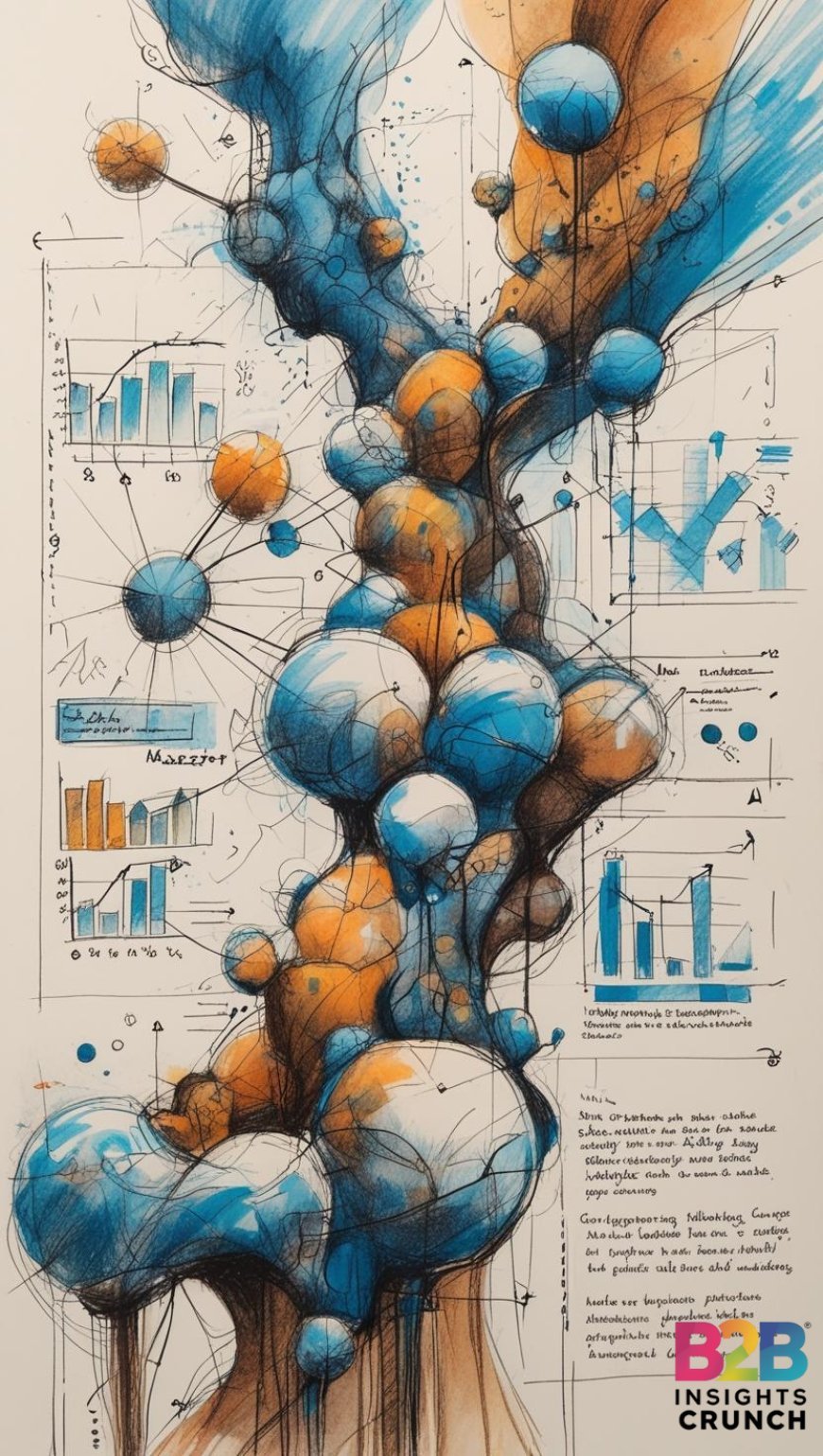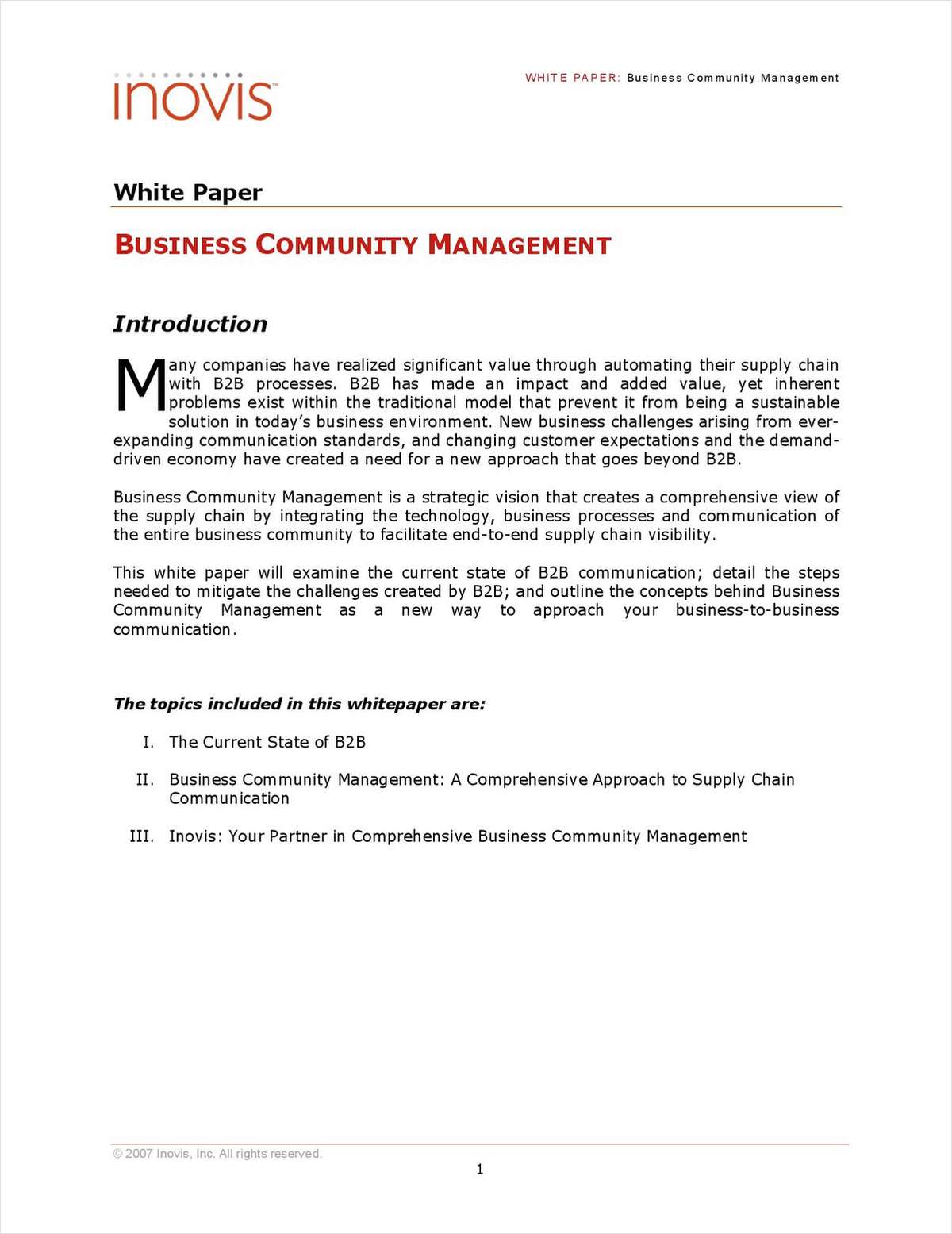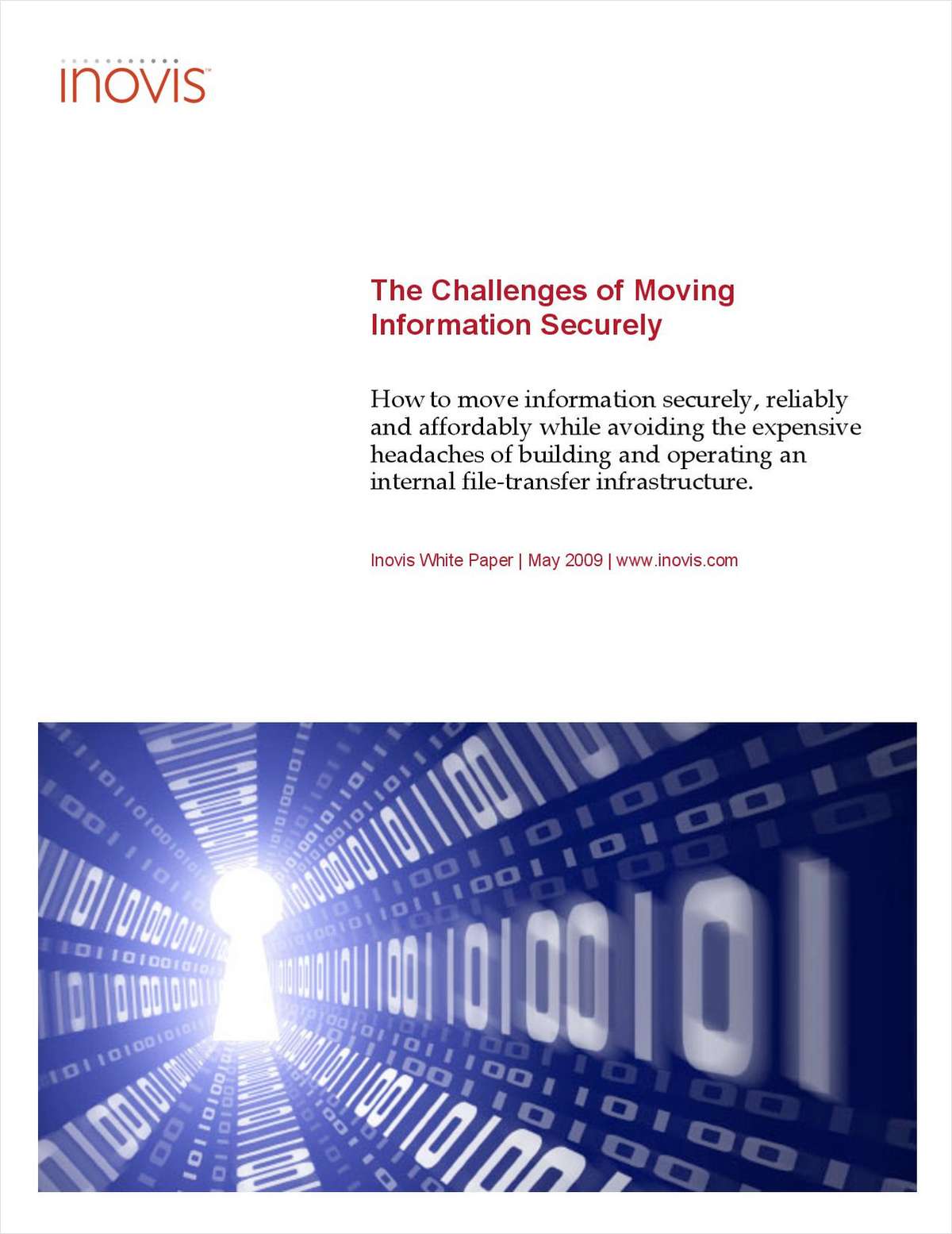Leveraging Data Analytics for B2B Strategic Decision-Making

Leveraging Data Analytics for B2B Strategic Decision-Making
In today’s fast-paced and competitive business environment, B2B companies are increasingly turning to data analytics as a powerful tool to sharpen their strategic decision-making. The sheer volume of data generated daily-from customer interactions, supply chains, market trends, and beyond-holds untapped potential. When properly harnessed, this data becomes more than just numbers; it transforms into actionable insights that drive smarter, more confident decisions.
At its core, data analytics helps businesses move from gut feelings and assumptions to evidence-based strategies. For B2B organizations, where decisions often involve complex negotiations, long sales cycles, and multifaceted partnerships, this clarity can be game-changing. By analyzing patterns and trends, companies can better understand their clients’ needs, anticipate market shifts, optimize operations, and identify new growth opportunities.
One of the most impactful ways data analytics supports strategic decision-making is through enhanced customer insights. In the B2B space, relationships are deep and nuanced. Analytics tools help uncover buying behaviors, preferences, and pain points by tracking interactions across multiple channels. This granular understanding enables companies to tailor their offerings, improve customer satisfaction, and build long-term loyalty. Instead of a one-size-fits-all approach, businesses can deliver personalized solutions that resonate deeply with their clients.
Beyond customer data, analytics also play a vital role in market intelligence. B2B companies operate within dynamic ecosystems where competition, regulatory landscapes, and technology trends constantly evolve. Data-driven insights allow organizations to keep a pulse on these changes, enabling timely adjustments to strategy. Whether it’s identifying emerging markets or spotting competitive threats early, analytics provide a window into the future, helping companies stay agile and proactive.
Operational efficiency is another area where data analytics proves invaluable. From supply chain management to resource allocation, insights gleaned from data can reveal bottlenecks, inefficiencies, and opportunities for cost savings. For example, predictive analytics can forecast demand more accurately, reducing inventory waste and ensuring timely delivery. These improvements not only boost profitability but also strengthen a company’s reputation for reliability and responsiveness.
However, the true value of data analytics in B2B strategic decision-making goes beyond technology and numbers. It requires cultivating a data-driven culture where insights are integrated into everyday business practices. Leaders must encourage collaboration between data scientists, analysts, and business units to translate findings into meaningful actions. Equally important is investing in user-friendly tools and training so that decision-makers at all levels feel empowered to leverage data in their roles.
Challenges do exist, such as ensuring data quality, protecting privacy, and avoiding analysis paralysis where too much information leads to indecision. But with clear goals, the right technology, and a focus on actionable outcomes, these hurdles can be overcome.
Ultimately, leveraging data analytics allows B2B companies to make decisions with greater confidence and clarity. It transforms vast data into strategic knowledge, enabling organizations to respond to market demands, nurture client relationships, and streamline operations effectively. In a landscape where uncertainty is often the norm, data-driven decision-making is a beacon of clarity, guiding businesses toward sustained growth and competitive advantage.




















